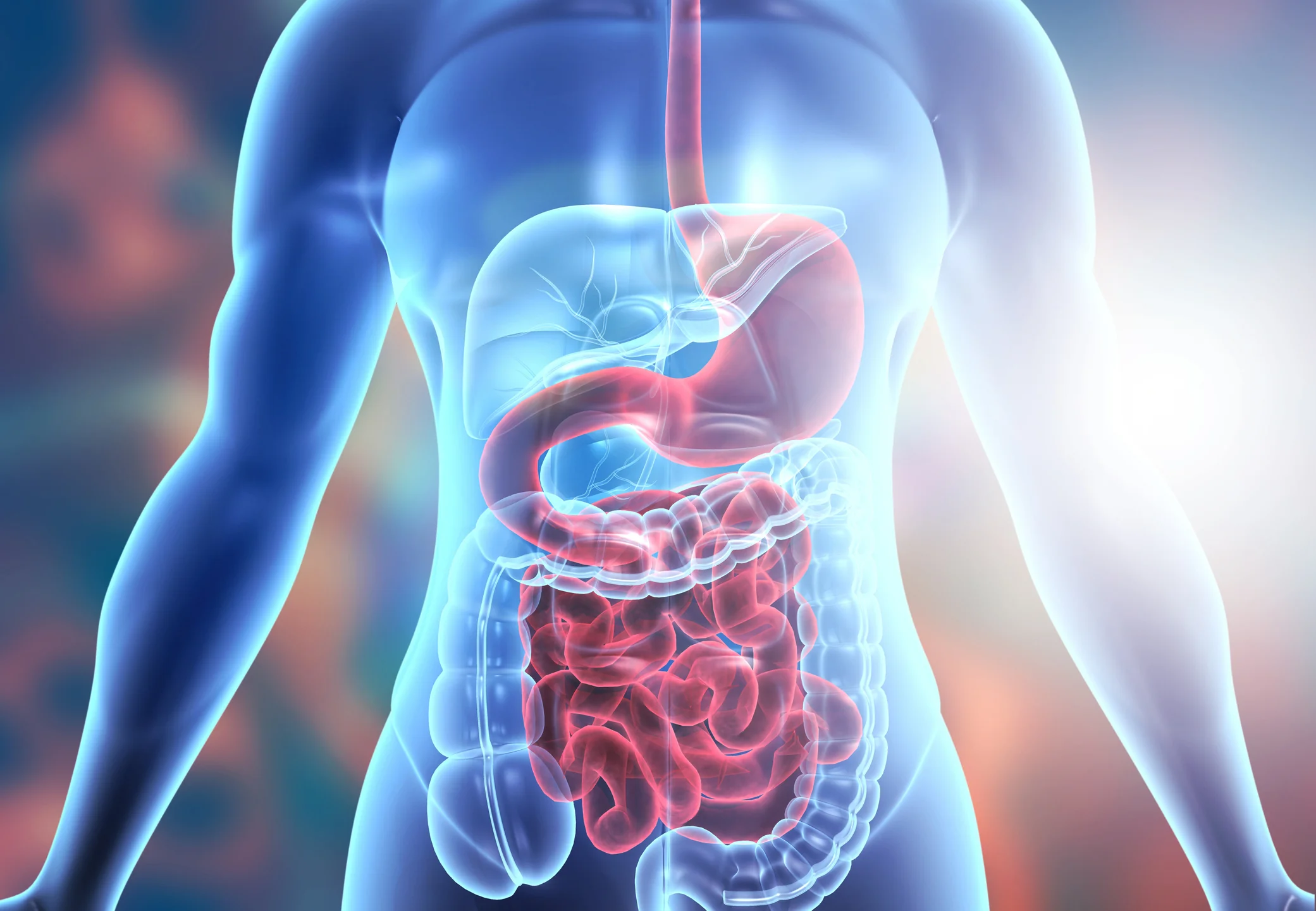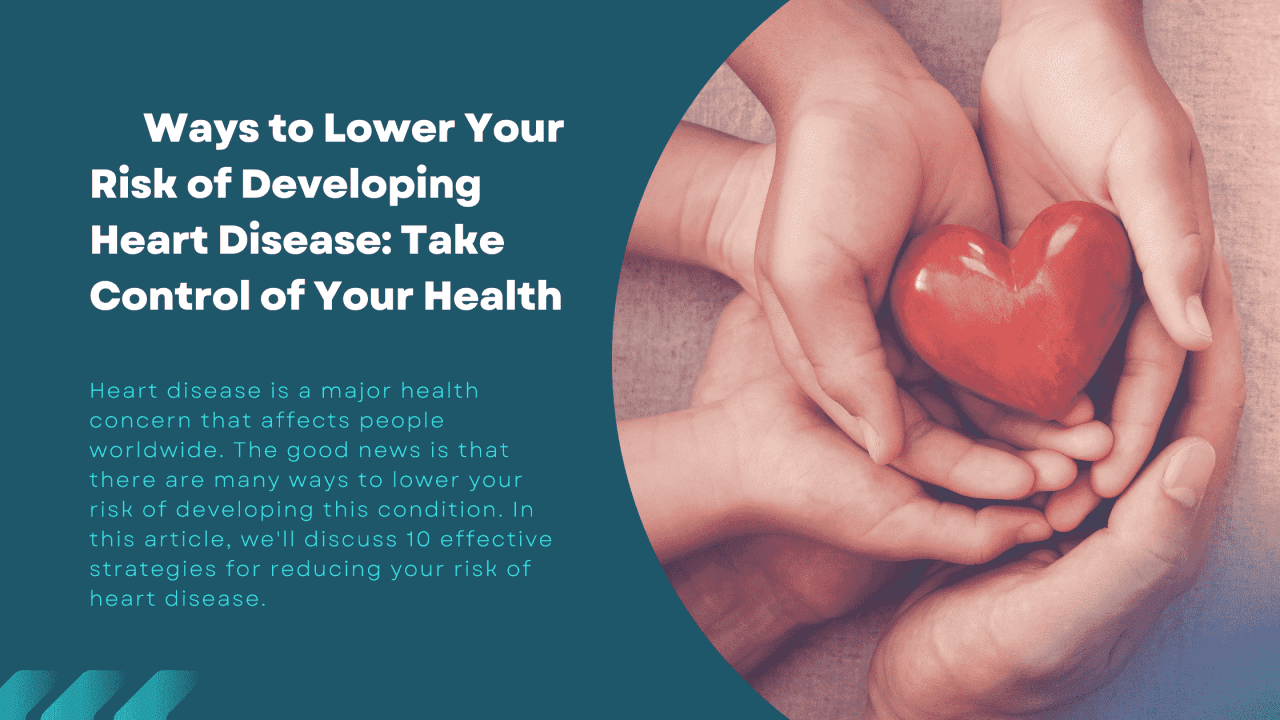The rising popularity of plant-based diets is no coincidence—science and sustainability are on their side. Packed with nutrient-dense fruits, vegetables, whole grains, and legumes, plant-based eating offers a powerful combination of health benefits while supporting ethical and environmental goals. Despite cultural traditions that glorify meat consumption, research has consistently shown that a balanced plant-based diet provides all the essential nutrients for human health—without the need for animal products. From reducing chronic disease risks to boosting energy levels and improving digestion, this lifestyle choice is reshaping how we think about nutrition. In this article, we’ll uncover the evidence-backed benefits of going plant-based, debunk common myths about protein and nutrient deficiencies, and share practical tips to help you transition seamlessly into this wholesome way of eating. Whether for your body or the planet’s future, embracing plants might just be one of the most impactful decisions you make
In recent years, there has been a growing interest in plant-based diets, and for good reason. Not only does the consumption of fruits, vegetables, whole grains, and legumes align with ethical and environmental values, but it also has numerous health benefits. Amidst the abundance of contradictory information about nutrition, it is essential to understand the scientific evidence behind the benefits of a plant-based diet and why meat is not necessary for human nutrition. Despite cultural and societal norms that have glorified the consumption of animal products, studies have shown that a well-planned plant-based diet can provide all the necessary nutrients for optimal health and can even prevent and reverse chronic diseases. This article will delve into the vast array of health benefits that come with adopting a plant-based diet, debunk the misconceptions about the necessity of meat in human nutrition, and provide practical tips for incorporating more plant-based foods into your diet. As we explore the evidence, it will become clear that a plant-based diet is not only a compassionate and sustainable choice but also a crucial step towards achieving optimal health.
Stronger immune system through plant-based nutrition.

Studies have shown that adopting a plant-based diet can have a significant impact on strengthening the immune system. Plant-based foods, such as fruits, vegetables, whole grains, legumes, and nuts, are rich in essential vitamins, minerals, and antioxidants that play a crucial role in supporting the immune system. These nutrients help to enhance the production and activity of immune cells, regulate inflammation, and promote overall immune function. Additionally, plant-based diets are typically lower in saturated fats and cholesterol, which have been associated with negative effects on immune health. By incorporating a variety of plant-based foods into our daily meals, we can provide our bodies with the necessary nutrients to bolster our immune defenses and maintain optimal health.
Reduced risk of chronic diseases.
A plant-based diet has also been linked to a reduced risk of chronic diseases. Numerous studies have shown that individuals who consume predominantly plant-based diets have lower rates of conditions such as heart disease, type 2 diabetes, high blood pressure, and certain types of cancer. This can be attributed to several factors. Firstly, plant-based diets are typically lower in saturated fats and cholesterol, which are known risk factors for cardiovascular disease. Secondly, the abundance of fiber present in plant-based foods can help regulate blood sugar levels and improve insulin sensitivity, reducing the risk of developing type 2 diabetes. Furthermore, the high levels of antioxidants and phytochemicals in plant-based foods have been shown to have protective effects against various types of cancer. By embracing a plant-based diet, individuals can significantly decrease their risk of developing chronic diseases and promote long-term health and wellbeing.
Improved digestion and gut health.

Another significant benefit of adopting a plant-based diet is the potential for improved digestion and gut health. Plant-based foods, particularly fruits, vegetables, whole grains, and legumes, are rich in dietary fiber, which plays a crucial role in maintaining a healthy digestive system. Fiber aids in promoting regular bowel movements, preventing constipation, and reducing the risk of developing gastrointestinal disorders such as diverticulosis and hemorrhoids. Additionally, the consumption of plant-based foods provides prebiotics, which are non-digestible fibers that serve as fuel for beneficial gut bacteria. These bacteria, known as probiotics, help maintain a balanced gut microbiome, which is essential for optimal digestion and nutrient absorption. By incorporating a variety of plant-based foods into one’s diet, individuals can support a healthy gut environment and experience the benefits of improved digestion and overall gut health.
Lower risk of heart disease.

A plant-based diet has been consistently linked to a lower risk of heart disease, making it a compelling choice for individuals looking to prioritize cardiovascular health. Research suggests that plant-based diets, rich in fruits, vegetables, whole grains, legumes, and nuts, can help reduce the risk factors associated with heart disease, such as high blood pressure, high cholesterol levels, and obesity. These foods are naturally low in saturated fat and cholesterol, while being high in heart-healthy nutrients like fiber, antioxidants, and phytochemicals. By focusing on plant-based options and minimizing or eliminating meat consumption, individuals can promote a healthier lipid profile, reduce inflammation, and improve overall heart function. Making the switch to a plant-based diet can be an effective strategy in reducing the risk of heart disease and promoting long-term cardiovascular well-being.
Increased energy and vitality.
Another significant benefit of adopting a plant-based diet is the potential for increased energy and vitality. Many individuals who transition to a plant-based lifestyle report feeling more energized throughout the day, experiencing fewer energy crashes and an overall improved sense of well-being. This can be attributed to the nutrient-rich nature of plant-based foods, which provide a wide array of vitamins, minerals, and antioxidants that support optimal bodily functions. Additionally, plant-based diets are typically higher in complex carbohydrates and fiber, which provide a sustained release of energy and help regulate blood sugar levels. By nourishing the body with wholesome plant-based foods, individuals can experience a natural boost in energy levels and a renewed vitality that contributes to an overall healthier and more balanced lifestyle.
Reduced inflammation in the body.
One significant health benefit associated with adopting a plant-based diet is the potential reduction of inflammation in the body. Chronic inflammation has been linked to various health issues, including heart disease, diabetes, and autoimmune disorders. Plant-based diets, rich in fruits, vegetables, whole grains, legumes, and nuts, are naturally abundant in anti-inflammatory compounds such as antioxidants and phytochemicals. These plant-based compounds help to neutralize harmful free radicals and reduce inflammation at a cellular level. By incorporating more plant-based foods into their diet, individuals may experience a decrease in inflammation markers and an improvement in overall health and well-being.

Better for the environment.
In addition to the numerous health benefits associated with a plant-based diet, it is important to recognize the positive impact such dietary choices can have on the environment. The production of meat and animal products is a significant contributor to greenhouse gas emissions, deforestation, and water pollution. By choosing to consume plant-based foods, individuals can significantly reduce their carbon footprint and contribute to a more sustainable future. Plant-based diets require less land, water, and resources compared to animal agriculture, making them inherently more environmentally friendly. By embracing a plant-based diet, individuals can play an active role in mitigating climate change and preserving the natural resources of our planet for future generations.
More ethical and compassionate choice.
![]()
Making the switch to a plant-based diet is not just a decision that benefits our health and the environment; it is also a more ethical and compassionate choice. The production of meat and animal products often involves the mistreatment and exploitation of animals. From factory farming practices to the conditions in slaughterhouses, the cruelty inflicted upon animals in the name of food production is undeniable. By adopting a plant-based diet, individuals can actively choose to no longer support these industries and instead promote a lifestyle that values the well-being and humane treatment of animals. It is a step towards aligning our actions with our values and recognizing the inherent worth and rights of all living beings.
Plant-based protein is just as sufficient.
Plant-based protein is just as sufficient as protein derived from animal sources. Contrary to popular belief, a well-planned plant-based diet can provide all the essential amino acids necessary for human nutrition. Legumes, such as lentils and chickpeas, soy products, tofu, tempeh, and seitan are excellent sources of protein that can easily meet daily requirements. Additionally, grains like quinoa and amaranth, as well as nuts and seeds, contain adequate amounts of protein. Plant-based proteins not only offer the necessary building blocks for muscle growth and repair, but they also come with numerous health benefits. They are typically lower in saturated fat, free from dietary cholesterol, and rich in fiber, vitamins, minerals, and antioxidants. Incorporating a variety of plant-based protein sources into a well-balanced diet can provide individuals with all the necessary nutrients for optimal health and well-being.
Versatile and flavorful meal options.
In addition to the numerous health benefits of a plant-based diet, it also offers a wide range of versatile and flavorful meal options. Plant-based ingredients, such as fruits, vegetables, legumes, grains, nuts, and seeds, provide an abundance of flavors, textures, and colors that can be combined in endless creative ways. From vibrant salads bursting with fresh produce, to hearty vegetable stir-fries, to comforting plant-based curries and stews, there is no shortage of delicious options to suit every palate. By experimenting with different spices, herbs, and cooking techniques, plant-based meals can be transformed into culinary masterpieces that are both satisfying and nourishing. Whether you are a seasoned chef or a novice in the kitchen, exploring the world of plant-based cuisine can open up a whole new world of culinary possibilities.
In conclusion, it is clear that a plant-based diet can have numerous health benefits and is a viable option for human nutrition. From reducing the risk of chronic diseases to providing essential nutrients, plants are a valuable source of sustenance for our bodies. While meat may have been a staple in our diets for centuries, it is important to recognize that it is not necessary for our survival and that there are plenty of delicious and nutritious plant-based alternatives available. By incorporating more plant-based foods into our diets, we can not only improve our own health, but also contribute to the health of our planet and animal welfare. It’s time to give plants the recognition they deserve in our diets and reap the benefits of a more sustainable and nutritious lifestyle.
FAQ
What are some of the specific health benefits associated with following a plant-based diet?
Following a plant-based diet has been associated with several health benefits. Firstly, it can help in weight management as plant-based foods tend to be lower in calories and higher in fiber. Secondly, it can improve heart health by reducing the risk of heart diseases due to the absence of saturated fats found in animal products. Thirdly, a plant-based diet can lower the risk of developing chronic diseases like type 2 diabetes, certain types of cancer, and high blood pressure. Lastly, it can improve overall digestion and gut health due to the high fiber content in plant foods.
Can a plant-based diet provide all the necessary nutrients for optimal human nutrition?
Yes, a plant-based diet can provide all the necessary nutrients for optimal human nutrition. By including a variety of plant foods such as fruits, vegetables, whole grains, legumes, nuts, and seeds, individuals can obtain essential nutrients like carbohydrates, proteins, fats, vitamins, minerals, and fiber. Plant-based diets have been associated with numerous health benefits, including lower risk of chronic diseases such as heart disease, type 2 diabetes, and certain cancers. However, it’s important to ensure adequate intake of key nutrients like vitamin B12, iron, calcium, and omega-3 fatty acids, which may require supplementation or careful planning to meet recommended levels. Consulting a healthcare professional or registered dietitian can help ensure nutritional needs are met on a plant-based diet.
How does a plant-based diet compare to a diet that includes meat in terms of disease prevention and management?
A plant-based diet has been shown to have several benefits in terms of disease prevention and management compared to a diet that includes meat. Research suggests that a plant-based diet can lower the risk of chronic diseases such as heart disease, high blood pressure, type 2 diabetes, and certain types of cancers. This is due to the higher intake of fruits, vegetables, whole grains, and legumes, which are rich in fiber, antioxidants, and phytochemicals. Additionally, plant-based diets tend to be lower in saturated fat and cholesterol, which are commonly found in animal products. However, it is important to ensure a balanced and varied plant-based diet to meet all nutrient requirements.
Are there any potential risks or deficiencies associated with a meat-free diet that individuals should be aware of?
While a meat-free diet can be healthy and nutritionally adequate, there are potential risks and deficiencies that individuals should be aware of. One of the main concerns is the risk of nutrient deficiencies, particularly in vitamin B12, iron, zinc, and omega-3 fatty acids. However, these risks can be mitigated by carefully planning the diet to include alternative sources of these nutrients, such as fortified foods or supplements. It’s also important to ensure a balanced intake of protein from plant-based sources. Consulting a healthcare professional or registered dietitian can help individuals address these concerns and ensure they are meeting their nutritional needs on a meat-free diet.
What are some practical tips for transitioning to a plant-based diet and ensuring adequate nutrition?
Some practical tips for transitioning to a plant-based diet and ensuring adequate nutrition include gradually incorporating more plant-based meals into your diet, focusing on variety and balance in your food choices, planning meals and snacks ahead of time, incorporating plant-based protein sources such as legumes, tofu, and tempeh, ensuring adequate intake of essential nutrients like iron, calcium, and vitamin B12 through fortified foods or supplements, and seeking guidance from a registered dietitian or nutritionist to ensure proper nutrient intake and balance.



